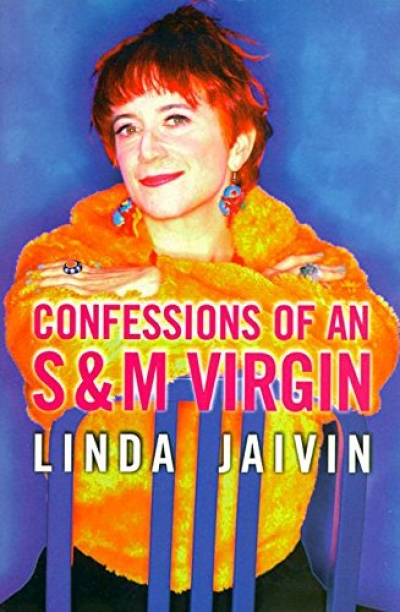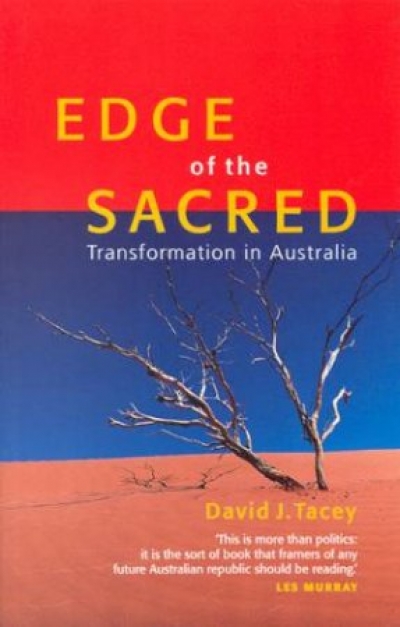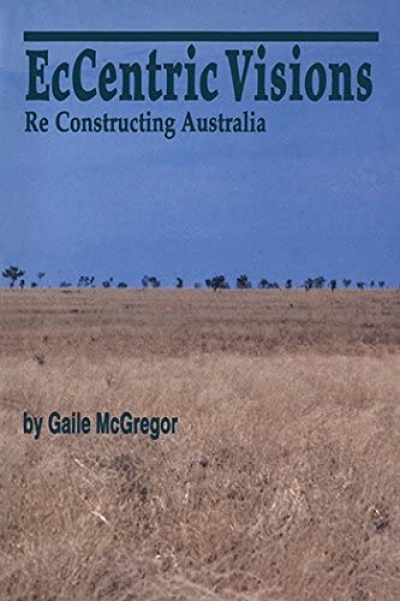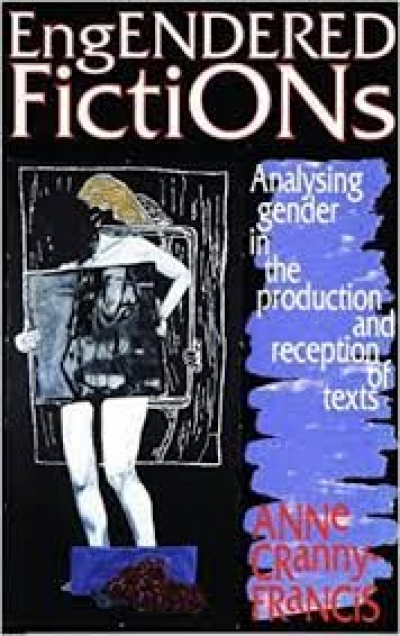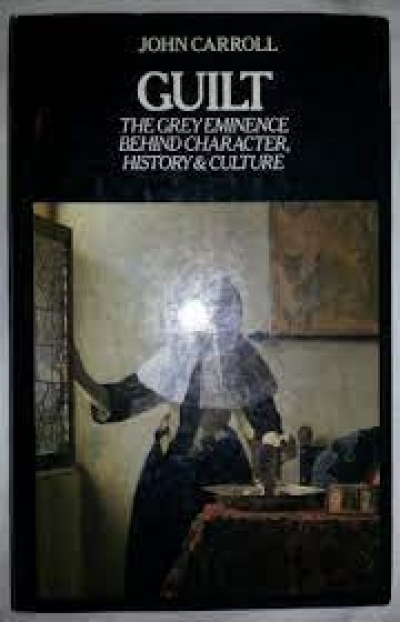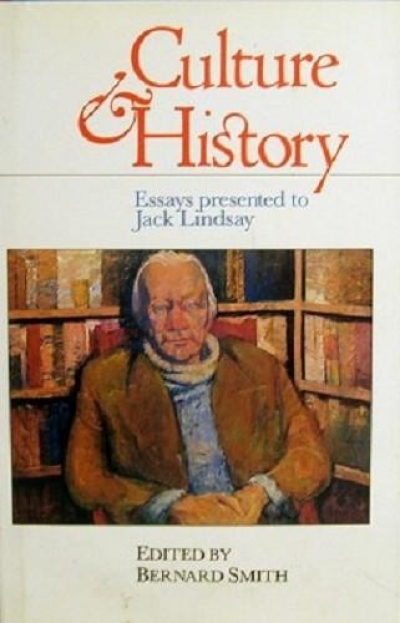Cultural Studies
Confessions of an S&M Virgin by Linda Jaivin
Edge of the Sacred: Transformation in Australia by David J. Tacey
EcCentric Visions: ReConstructing Australia by Gaile McGregor
Engendered Fictions: Analysing gender in the production and reception of texts by Anne Cranny-Francis
Australian Cultural History, Volume 11: Books, Readers, Reading edited by David Walker, Julia Hornen and Martyn Lyons
For the past year I have been engaged in one of the activities that Robert Dessaix charges (ABR No. 129) are not only unnecessary but ‘harmful’ to the many writers briefly involved. I have been working as a Research Fellow at Deakin University with Sneja Gunew as the last in a line of bibliographers which has included Lolo Houbein and Alexandra Karakostas-Seda, updating and extending a bibliography of first and second generation Australian writers from non-Englishspeaking backgrounds. I have also been working on acquiring books by these writers to include in the collection of ‘Australian Literature’ at the Deakin University Library.
... (read more)In last month’s Telecom Australian Voices essay, Robert Dessaix discussed the ways in which multiculturalism divides up the Australian literary scene, concluding that “in a word, it’s time our multicultural professionals stopped marginalising multicultural writers”. The response of Sneja Gunew, who was quoted in that essay, is printed in its entirety here, along with other letters prompted by the essay.
... (read more)‘No,’ Ania Walwicz said at the Melbourne Festival when asked if she was an ethnic writer, ‘I’m a fat writer.’ We laughed and applauded.
The multicultural professionals, however, may not let her (or Tess Lyssiotis) off the hook so easily. I have in mind that small but eloquent band of people, usually from institutions, who actually have a vested interest in keeping constructs like Anglo-Celtic/non-Anglo-Celtic, English-speaking background/non-English-speaking background alive and functional.
... (read more)
